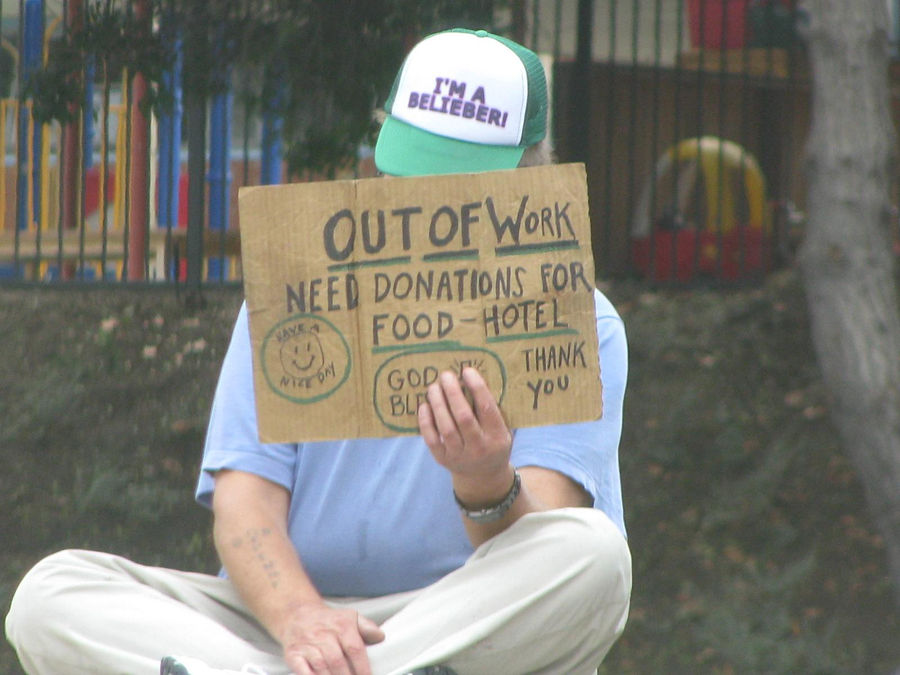The federal government is awarding $14 million in grants to address homelessness and to support housing for low and moderate-income people.
Hawaii’s congressional delegation announced the grants from the U.S. Department of Housing and Urban Development Thursday.
Most of the money will go toward developing housing and to providing affordable places to live. About $1 million will be specifically for homeless individuals and families, and $641,000 will help provide housing assistance for people with HIV and AIDS.
U.S. Sen. Brian Schatz says homelessness is one of the most serious and urgent challenges in Hawaii. He says we need to act now to address the problem.
“With the governor’s new working group of state, county, and federal leaders, we’re beginning to see a real and collective seriousness of purpose in solving homelessness from all levels of government,” he said.
U.S. Rep. Tulsi Gabbard said Hawaii’s homelessness rate is already among the highest in the country.
“The extreme shortage of truly accessible and affordable housing on every island makes it increasingly difficult for families and individuals with limited resources to find a safe, stable place to live,” she said.
Gov. David Ige also recently announced the formation of the Governor’s Leadership Team on Homelessness, which will be tasked with finding short-term and long-term solutions as the state, city and federal governments work together to address homelessness in Hawaii.
The leadership team includes Gov. Ige, Sen. Jill Tokuda, Rep. Sylvia Luke, Director of Human Services Rachael Wong, Mayor Kirk Caldwell, Honolulu City Council Chairman Ernie Martin, U.S. Sen. Brian Schatz’s designee and U.S. Sen. Mazie Hirono’s designee.
“The underlying issues that lead to homelessness, such as lack of affordable housing, cannot be resolved quickly,” said Gov. Ige. “Meanwhile, we cannot wait for a comprehensive, long-term solution. There are measures we can take and will take, immediately.”
The governor announced the creation of his homelessness task force following the June release of the state’s annual Point-In-Time (PIT) count, which is a snapshot-in-time survey meant to provide a baseline number that can be used to measure and track the scale of Hawaii’s homelessness problem.
The results of the 2015 PIT count show that Kauai’s homeless population declined by about 10 percent, in contrast to a statewide trend that saw increases on Oahu and the other Neighbor Islands.
According to Jodi Leong, spokeswoman for the governor, the committee’s efforts will initially focus on Oahu and will identify sites on which to create temporary shelters in order to help those currently living in homeless encampments.
“The team is working on a comprehensive plan that covers all islands,” Leong said, but “the encampment at Kakaako may be the initial focus because of safety concerns that have arisen in the wake of several recent incidents at the site.”
Leong said that the leadership team’s long-term plans include developing a protocol that can be applied to encampments in other geographic areas as well.


